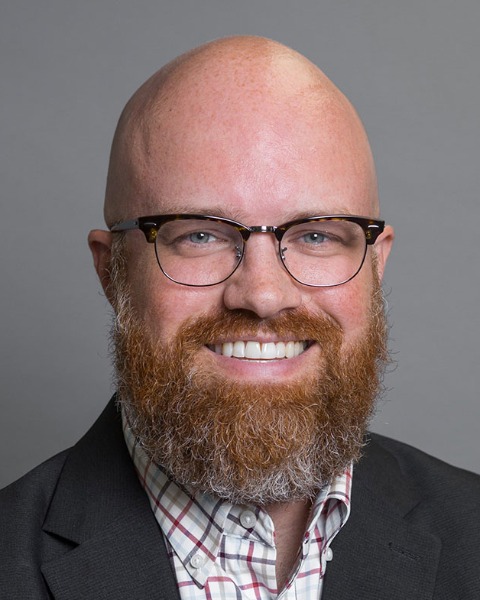Crisis Services
Houses of Hope & Healing: Homelike Alternatives to Psychiatric Hospitalization and their Place in a Comprehensive Crisis Continuum
Wednesday, April 2, 2025
1:30 PM - 2:30 PM East Coast USA Time
Location: Kojo Kamau Ballroom C, 4th Floor, Tower 402

Travis Atkinson, MS, LPC (he/him/his)
Chief Experience Officer
TBD Solutions Inc
Grand Rapids, Michigan, United States
Heather Honaker, MS, LPC, NCC (she/her/hers)
Clinical Consultant
TBD Solutions Inc, Virginia, United States
Speaker(s)
Since the enactment of 988, America's 3-digit suicide and crisis lifeline, much emphasis has been placed on the importance of crisis call centers and mobile crisis teams in a crisis continuum. Communities and states have responded by assuring their citizens have "someone to call" and "someone to respond." But there is not broad consensus about where someone should go if their crisis requires more time and support than a crisis call center or mobile crisis team can provide. So where is the best "place to go"?
In this workshop, learn about two of the most established and researched services in the crisis continuum: crisis residential programs and peer respites. These centers provide healing through homelike alternatives to psychiatric hospitals. These centers provide healing through homelike alternatives to psychiatric hospitals. Learn how these programs preserve agency, choice, and dignity through intentional support care, and how you can bring these services to the people you serve.
In this workshop, learn about two of the most established and researched services in the crisis continuum: crisis residential programs and peer respites. These centers provide healing through homelike alternatives to psychiatric hospitals. These centers provide healing through homelike alternatives to psychiatric hospitals. Learn how these programs preserve agency, choice, and dignity through intentional support care, and how you can bring these services to the people you serve.
Learning Objectives:
- Participants will achieve a thorough understanding of the components of a comprehensive crisis continuum informed by SAMHSA, the Group of the Advancement of Psychiatry, and various research publications.
- Participants will comprehend the unique ways that crisis residential programs and peer respites serve people in crisis and divert admissions to emergency departments, psychiatric hospitals, and jails. Participants will understand the ways in which both services achieve triple aim objectives of better clinical outcomes, higher client satisfaction, and lower cost than psychiatric hospitals.
- Participants will be able to identify four steps for utilizing existing hospital alternatives or advocating for the development of alternatives in their community.
